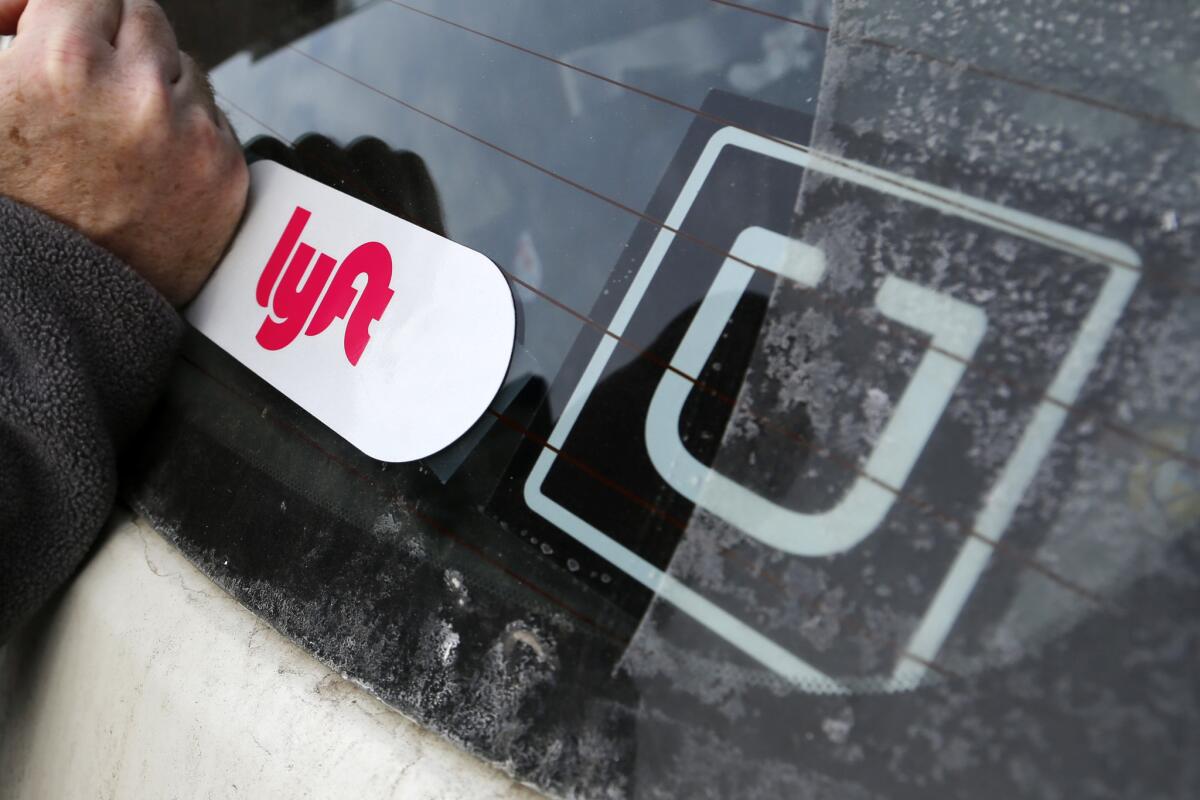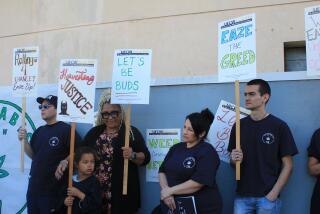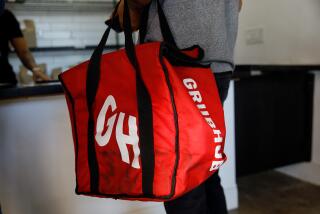Which driving and delivery apps pay best?

Driving and delivery are bright spots in an otherwise bleak job market, with delivery companies such as Amazon Flex, Grubhub and Postmates scrambling to find enough workers to keep up with demand. But if you’re considering a side hustle in the delivery space, there’s a more important question to ask: Which driving and delivery apps pay best?
The answer varies widely based on the city, says Ryan Green, co-founder of an app called Gridwise that aggregates driving and delivery data, including information on local events and airport traffic, to help drivers boost their hourly earnings and track expenses.
With 220,000 users nationwide, Gridwise pulled together user income statistics to compare earnings expectations for the nation’s top driving and delivery services, including Uber, DoorDash and Instacart. These statistics track the results of more than 2 million gigs.
Ride-hailing services currently pay a slightly higher average hourly rate than delivery, according to Gridwise data. That’s partly because many ride-hail drivers have dropped out since the pandemic started. As a result, companies are increasingly turning to “surge” pricing to attract drivers back, Green says.
Overall, ride-hail drivers earn between 50 cents and $4 more per hour than food-delivery drivers in major markets. That includes tips, which are far more likely to be given to food-delivery drivers than to ride-hail drivers. Roughly 68% of food deliveries include a tip; just 32% of ride-hail trips get a tip.
However, from city to city, there are wide variations in hourly earnings and in which platforms pay best.
Few drivers are platform-monogamous — and that’s wise, Green says. What pushes down your hourly rates as a freelance driver is downtime between gigs. By signing up with multiple platforms, you can switch between apps and cut your downtime dramatically, he says.
Green suggests that drivers sign up with at least two platforms. If you drive a lot, you might want to sign up with as many as five. By strategically switching between apps, Green maintains, drivers can boost their earnings by as much as 40%.
Gridwise data summary
In five of the 10 U.S. metro areas analyzed, Amazon Flex pays the most. In some cases, the difference is dramatic: In Dallas-Fort Worth, for instance, Amazon Flex pays nearly 27% more than its nearest competitor.
Uber generally pays more than Lyft. Average hourly pay of Uber drivers exceeded the average hourly pay of Lyft drivers in 14 of 18 major cities, including New York, Seattle, Boston, Houston and San Jose. However, in the Los Angeles and San Diego areas, Lyft pays more than Uber but less than Uber Eats.
Three apps — Amazon Flex, Uber and Grubhub — are among the best-paying in seven of 10 major cities. Two of these three are among the best-paying in all 10 cities examined.
The Gridwise analysis shows average hourly pay for ride-hail and food-delivery driving by major metro area. It also ranks the best payers in each city and notes how much more they paid per hour than the next-best option. Here are figures for a few California metro areas.
Los Angeles
Average hourly pay: $17.37 for ride-hail; $16.05 for delivery
The best-paying app is Uber Eats, which pays 1.22% more than No. 2, Lyft.
Lyft pays 0.17% more than Grubhub, which pays 3.06% more than Uber, which pays 2.14% more than Amazon Flex.
San Diego
Average hourly pay: $17.56 for ride-hail; $18.07 for delivery
The best-paying app is Amazon Flex, which pays 3.69% more than No. 2, Uber Eats.
Uber Eats pays 2.61% more than Grubhub, which pays 5.68% more than Lyft, which pays 4.88% more than Postmates.
San Francisco
Average hourly pay: $19.48 for ride-hail; $15.97 for delivery
The best-paying app is Uber Eats, which pays 3.38% more than No. 2, Grubhub.
Grubhub pays 4.6% more than Amazon Flex, which pays 1.8% more than Uber, which pays 5.59% more than Lyft.
Kristof is the editor of SideHusl.com, an independent site that reviews hundreds of money-making opportunities in the gig economy.
More to Read
Inside the business of entertainment
The Wide Shot brings you news, analysis and insights on everything from streaming wars to production — and what it all means for the future.
You may occasionally receive promotional content from the Los Angeles Times.










